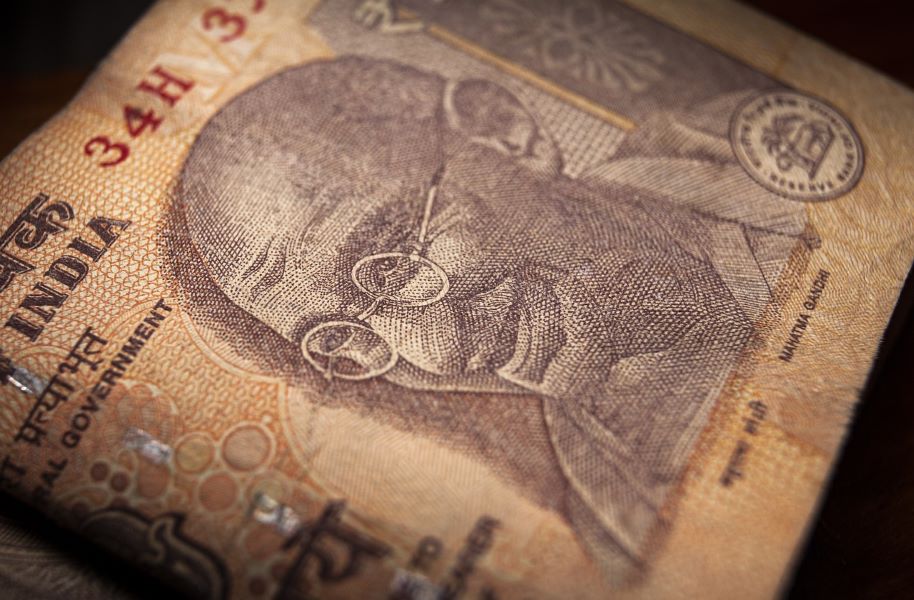In the domain of legal agreements and financial instruments, one term that may not be widely known but holds significant power is the Cognovit Note. This old yet potent collection tool has been used in various legal contexts to expedite the process of debt collection. In this blog, we will explore what a Cognovit Note is, its implications, and why it remains relevant today.
What is a Cognovit Note?
A Cognovit Note, also known as a Cognovit Promissory Note, is a legal document that allows a creditor to obtain a judgment against a debtor without the need for a formal trial or hearing. In simpler terms, it is a pre-authorization by the debtor allowing the creditor to enter a judgment against them in the event of default, without the debtor’s prior knowledge or involvement.
This type of note is commonly used in commercial transactions where parties want to expedite the debt collection process and avoid lengthy legal proceedings. By signing a Cognovit Note, the debtor essentially waives their right to defend themselves in court and agrees to the creditor obtaining a judgment against them.
Also Read: Having a High CIBIL Score Can Get You a Lower Rate of Interest?
The Power of the Cognovit Note
The Cognovit Note is a powerful tool for creditors as it provides them with a swift and efficient way to collect debts without the need for time-consuming litigation. By including a Cognovit clause in a promissory note, creditors can secure their position and have a legal advantage in case of default by the debtor.
This tool is especially useful in situations where creditors want to avoid the uncertainty and costs associated with traditional legal proceedings. It allows them to quickly enforce their rights and recover the outstanding debt without going through the lengthy process of proving the debt in court.
Also Read: How To Maintain A Healthy CIBIL Score?
Why the Cognovit Note Remains Relevant
Despite being an old legal instrument, the Cognovit Note continues to be relevant in modern commercial transactions due to its effectiveness in streamlining the debt collection process. In today’s fast-paced business environment, creditors often seek efficient ways to recover debts, and the Cognovit Note provides them with a viable solution.
Moreover, the Cognovit Note offers a level of security and assurance to creditors, giving them peace of mind knowing that they have a legal mechanism in place to enforce their rights in case of default. This proactive approach to debt collection can help businesses maintain financial stability and mitigate risks associated with unpaid debts.
Also Read: What is an ECN Number and how can you get it?
FAQs
1. What are the implications of signing a Cognovit Note as a debtor?
By signing a Cognovit Note, debtors essentially waive their right to defend themselves in court in case of default. This gives creditors the authority to obtain a judgment against the debtor without the need for a formal trial.
2. Can a Cognovit Note be challenged in court by the debtor?
While challenging a Cognovit Note in court is possible, it can be a complex and challenging process. Debtors who believe that the note was signed under duress or fraud may have grounds to challenge its validity.
3. Are there any legal restrictions on the use of Cognovit Notes?
The use of Cognovit Notes is subject to legal regulations that vary by jurisdiction. Some states have restrictions on the enforceability of Cognovit clauses, so it is essential to consult legal experts to ensure compliance with relevant laws.
4. Can a creditor use a Cognovit Note for personal loans or consumer debts?
Cognovit Notes are primarily used in commercial transactions and may not be applicable to personal loans or consumer debts due to consumer protection laws. Creditors should be cautious when using Cognovit Notes in consumer lending scenarios.
5. What are the benefits of including a Cognovit clause in a promissory note?
Including a Cognovit clause in a promissory note provides creditors with a quicker and more efficient means of debt collection in case of default. It streamlines the legal process and gives creditors greater leverage in recovering outstanding debts.
In summary, the Cognovit Note remains a powerful collection tool that offers creditors a strategic advantage in recovering debts efficiently. Understanding the implications and legal considerations associated with this instrument is crucial for both creditors and debtors involved in commercial transactions.
Also, if you’re on the lookout for a personal loan to fund your urgent financial needs, consider Airtel Finance. We offer instant personal loans of up to ₹9 lakh at a pretty low interest rate starting from 11.5%. The application process is quick and 100% digital, via the Airtel Thanks app.



